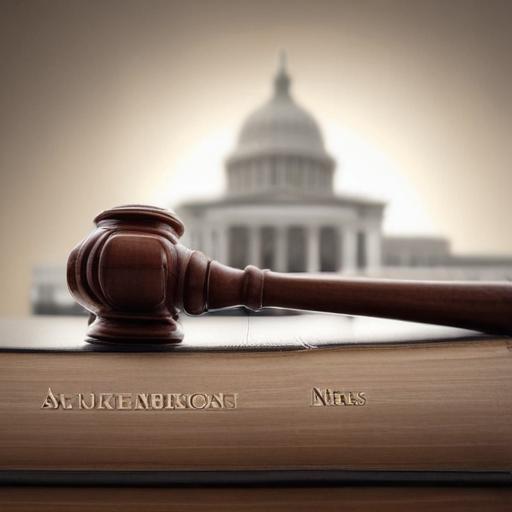The Wisconsin Supreme Court recently overturned a 176-year-old abortion ban, ruling 4-3 that it was invalidated by more contemporary state laws governing abortion procedures. This ruling paves the way for clearer guidelines regarding abortion access in Wisconsin.
The original law, established in 1849, classified any act that “intentionally destroys the life of an unborn child” as a felony. Although this law was effectively rendered obsolete by the 1973 U.S. Supreme Court decision in Roe v. Wade, it remained technically in place after the latter was overturned in 2022, leading to confusion about the current legal landscape surrounding abortion.
Wisconsin Attorney General Josh Kaul initiated legal action contending that this older ban was negated by more recent legislation. He pointed to a law from 1985 that permits abortions prior to the point of viability, which generally occurs around 21 weeks of gestation.
The recent decision stems from a legal battle where Dane County Circuit Judge Diane Schlipper had previously ruled that while the 1849 ban still prohibited feticide, it did not outlaw consensual abortions. Following this, the state Supreme Court determined that the comprehensive nature of modern abortion laws was sufficient to imply the repeal of the 1849 statute.
Justice Rebecca Dallet, writing for the majority, asserted that the legislation enacted by the state legislature comprehensively covers all aspects of abortion, effectively replacing the old law. In dissent, Justice Annette Ziegler characterized the ruling as an overreach of judicial power motivated by personal beliefs regarding abortion rights.
The ruling is significant for abortion providers and patients alike, as it offers greater clarity on the legality of abortion in Wisconsin. With the liberal justices holding a slim majority, this outcome suggests a judicial environment that may further support reproductive rights in the state.
Additionally, the recent election that brought liberal Susan Crawford to the court could influence future rulings, particularly related to ongoing challenges to the 1849 law, affirming the continued debate over abortion rights in Wisconsin.
